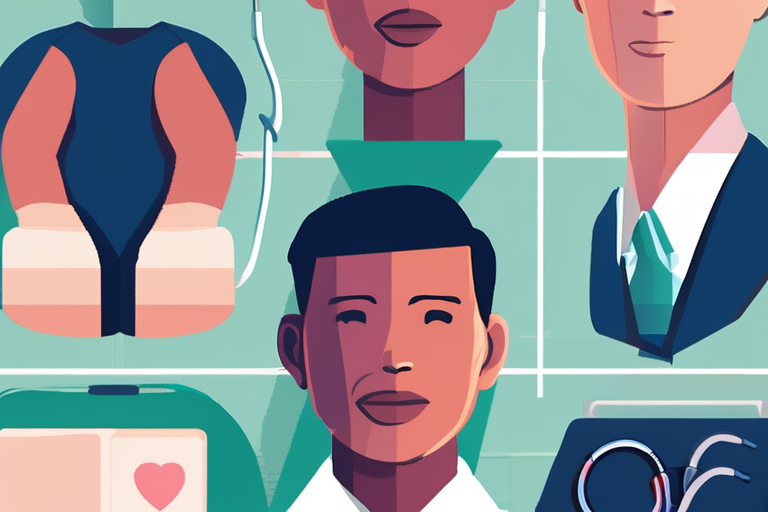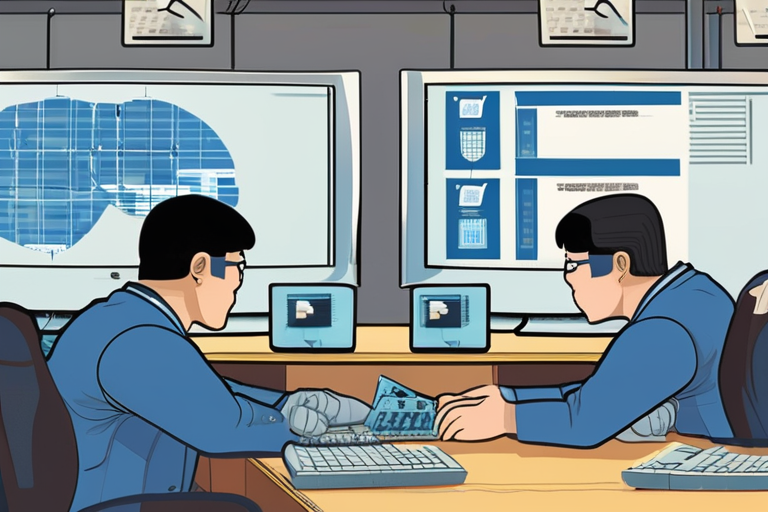Trust in Doctors Hits Record Low: What's Behind America's Eroding Faith in Medicine


Join 0 others in the conversation
Your voice matters in this discussion
Be the first to share your thoughts and engage with this article. Your perspective matters!
Discover articles from our community
 Hoppi
Hoppi

 Hoppi
Hoppi

 Hoppi
Hoppi

 Hoppi
Hoppi

 Hoppi
Hoppi

 Hoppi
Hoppi
The Forgotten Victims: A Dark Chapter in Greenland's History In the remote Arctic landscape of Greenland, a painful secret has …

Hoppi

BREAKING NEWS: Coldplay Smashes Wembley Stadium Record in Electrifying Performance Coldplay has shattered the box office record at Wembley Stadium …

Hoppi

Sabrina Carpenter Brings Sparkle to 'The Muppet Show' Revival Disney announced on Wednesday (Sept. 17) that pop sensation Sabrina Carpenter …

Hoppi

South Korea's Digital Achilles' Heel: A Breach Every Month Raises Doubts About the Country's Cyber Defenses In a country where …

Hoppi

Microsoft and OpenAI Unveil Next Phase of Partnership: A $100 Billion Equity Stake and a Path to Public Benefit Corporation …

Hoppi

Breaking News: Met Police Make 355 Arrests in London Pro-Palestine Protest Chaos The Metropolitan Police have arrested a total of …

Hoppi